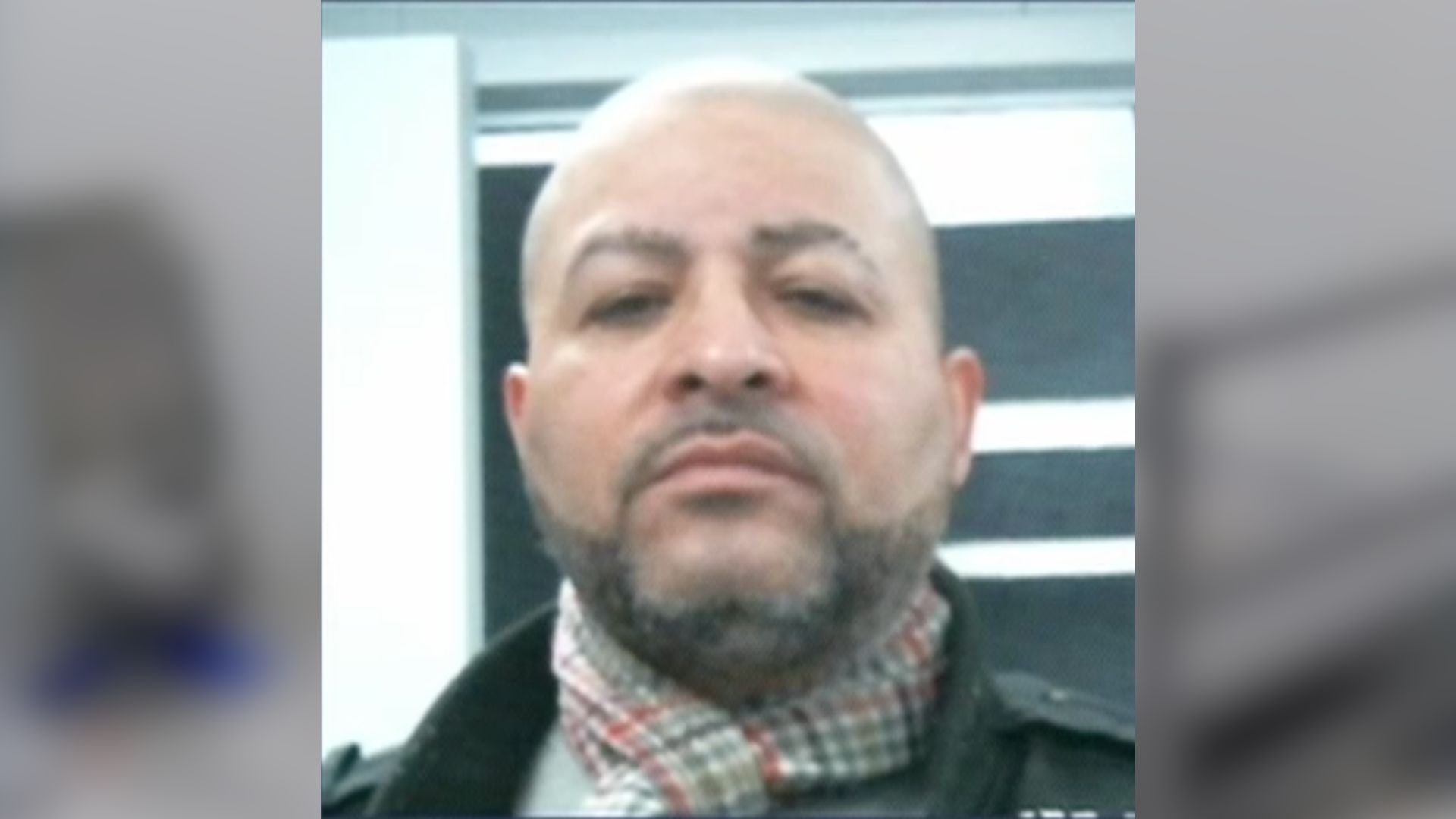One country, two states — displaying polarizing views on the role LGBTQ+ representation has in the public classroom.
This week, Washington Gov. Jay Inslee signed into a law a bill that creates a state mandate to include teachings about the contributions and history of LGBTQ+ people in schools.
Washington state Sen. Marko Liias was a co-sponsor of the bill, saying that adding historical figures who are part of the LGBTQ+ community into education allows kids to see themselves and learn about people different from them.
"There are students in our schools right now who this is their lived experience, and we need to do a better job of meeting those students where they're at and showing them that they are valued and included members of the community," he said.
Sen. Liias stated that this is about making kids feel safe as well as seen. According to a 2023 study by The Trevor Project, LGBTQ+ middle and high schoolers who had access at school to one of what they call school-related protective measures — which include gender-neutral bathrooms, history that discusses LGBTQ+ people or teachers that respect pronouns — had 26% lower odds of attempting suicide.
Washington joins 6 other states with state-mandated LGBTQ+ curriculum requirements. The vote came down, unsurprisingly, along party lines — the main Republican argument being the bill strips power away from school districts.
"It seems like the trend is to take more and more discretion away from the local communities and force-feed stuff from the legislature on to all 295 school districts," said Washington Republican state Sen. Brad Hawkings during the floor debate for the bill in January.

Sexual orientation, gender identity can be discussed in Fla. schools
Florida education officials and civil rights attorneys reached a new settlement over the state's "Don't Say Gay" law.
Across the country, Alabama's state legislature advanced further current restrictions on its standing ban on teacher-led discussions on sexual orientation and gender identity.
"This will send the message that it is inappropriate for the instructors, the teachers to teach sexual orientation and gender identity," said Republican Alabama state Rep. Mack Butler during a hearing of the House Education Policy Committee.
The Alabama bill would expand those restrictions from grades K-5 to all grades. It would also ban Pride flags from being displayed in the classroom.
The bill passed the House Education Policy Committee after tense debate between Butler and Democratic Alabama Rep. Barbara Drummond.
"We had a lady sharing with us about her grandson that was literally indoctrinated and became a girl, that he's identifying as a girl and she felt like it was the teacher that did it and that was just today," said Butler.
"What if that is who she is and mentally that's who she is? What is she to do? Is she to cease from existing?," said Drummond.
"Absolutely not, we're to—" said Butler.
"Well then, I mean, what kind of message are we sending here?" Drummond asked.
Arkansas, Indiana, Iowa, Kentucky and North Carolina have passed similar measures after Florida passed a measure critics described as the "Don't Say Gay" bill.
This month Florida reached a settlement with civil rights attorneys, clarifying its law does not prohibit discussing LGBTQ+ people or the creation of gay-straight alliance groups.
Sen. Liias hopes that Washington's new law can help counter the rhetoric seen in other states.
"I want to continue to send this message that we are a beacon of inclusion, we're a beacon of opportunity, and the two go hand in hand," he said.











